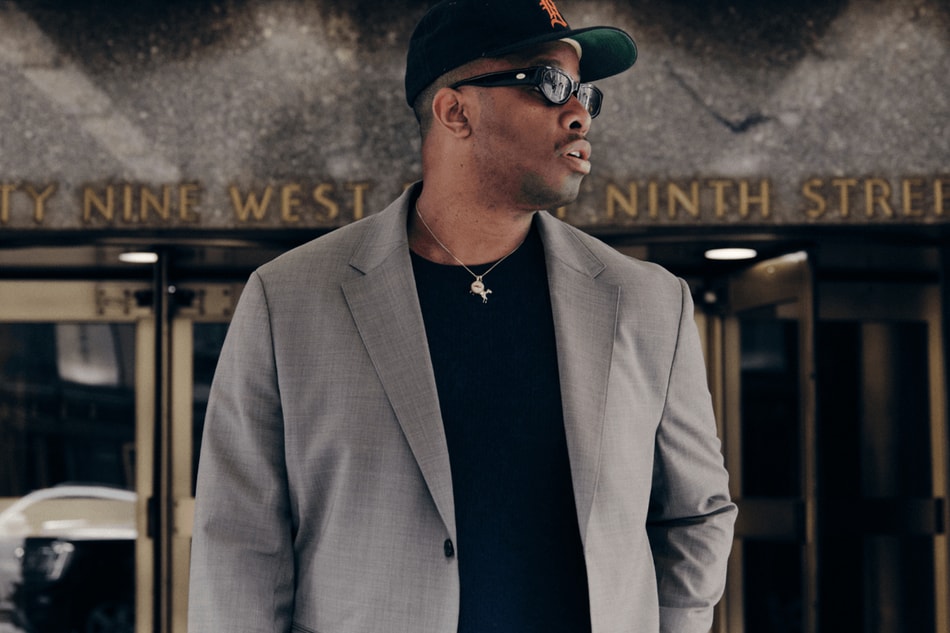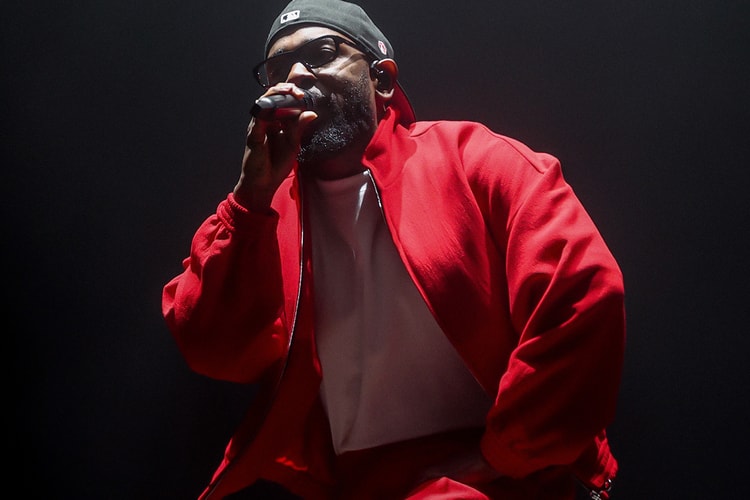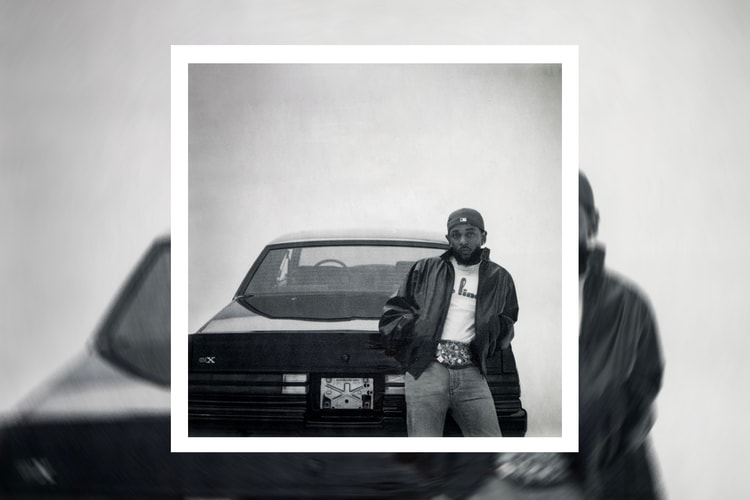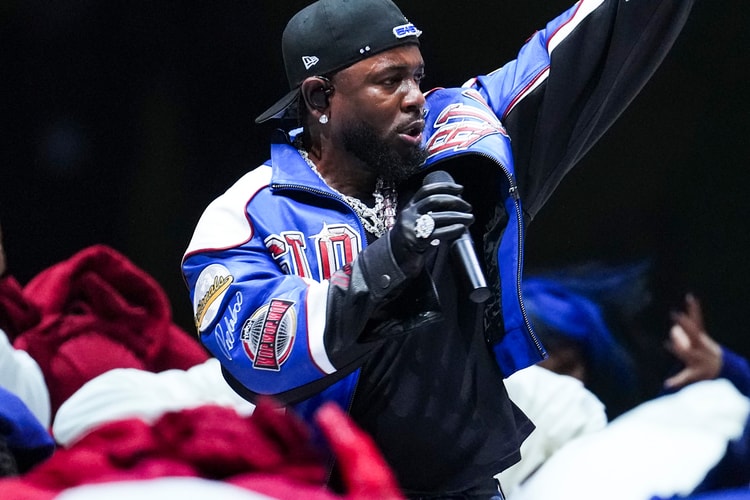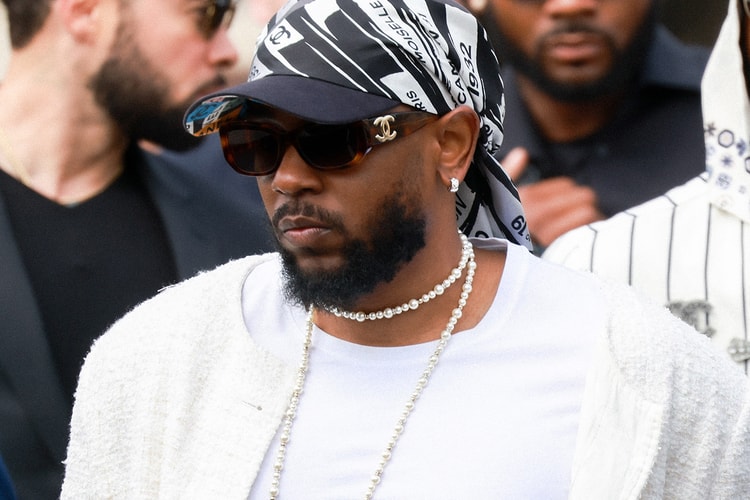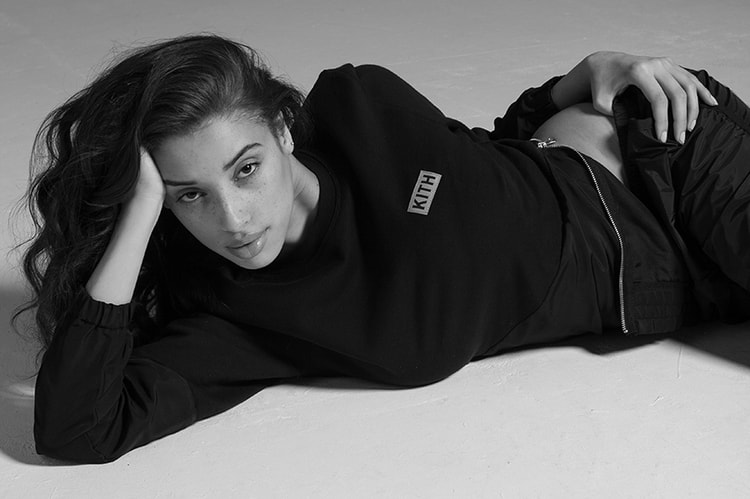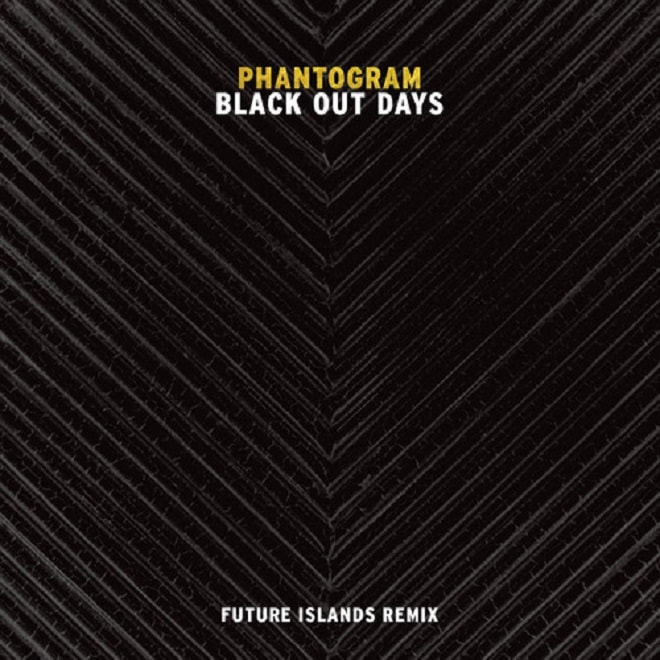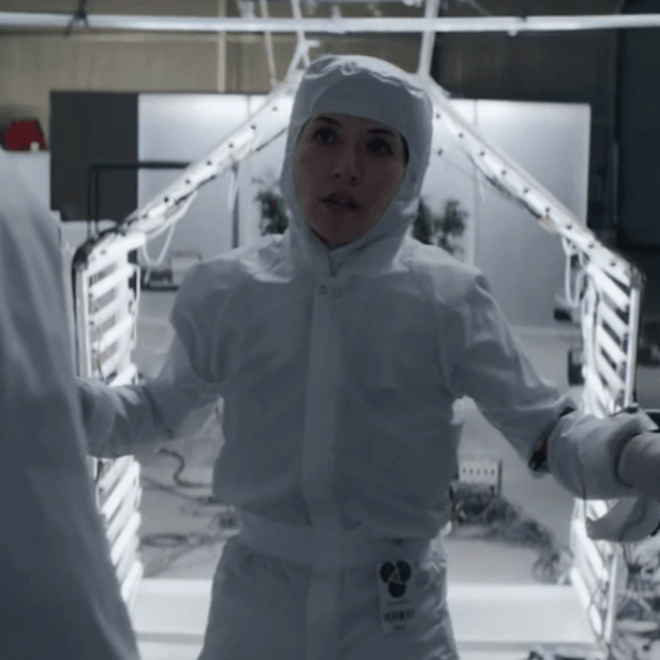Kendrick Lamar Talks Next Album, Creative Process & More in New Interview
Complex have just released a comprehensive piece on Kendrick Lamar detailing his creative
Complex have just released a comprehensive piece on Kendrick Lamar detailing his creative process and examining good kid, m.A.A.d city. Speaking to writer Insanul Ahmed for the August/September cover story, Kendrick Lamar spoke at-length about how he makes music, stardom, and the current process behind his forthcoming project. Other quotes, ranging from members of TDE’s inner circle to Nas, are mined as well to provide a fuller look into the effect Lamar has had on hip-hop thus far. You can check out the full piece at this link, and read some select quotes from the piece below.
“Kendrick shook up the rap game, so anticipation for his second offering is through the roof,” says Nas. “Kendrick’s an album guy and the album artist has a whole different kind of value. Kendrick is going to be one of the most important writers of our time; dude’s a rhyming animal. Whatever he does will be appreciated, but at the same time he knows he has to bring it.”
–
GKMC apparently only scratched the surface of the stories Kendrick has to tell. “There were so many things I thought he was gonna talk about in good kid that he didn’t,” says Kendrick’s manager Dave Free, who remembers the days when K-Dot couldn’t be spotted with a backpack, lest he be labeled a conscious rapper. “All these other stories, shit that will blow your brain, have never been heard before because they’re just too personal. There’s still so much to be said. The question is, is he gonna say it?”Whether or not Kendrick tells those stories could go a long way toward determining if he’ll be able to top his major label debut. “I got a greater purpose,” he says. “God put something in my heart to get across and that’s what I’m going to focus on, using my voice as an instrument and doing what needs to be done.” The only place to do that is back in the studio.
Punch describes Kendrick as a “mad scientist” in the studio, but watching him at work, nothing seems erratic. If anything, he’s supremely calculating; the song slowly builds as his process unfolds. Kendrick stands around mumble-rapping to himself with his right index finger extended, like he’s pointing out each syllable as if it passes by on an imaginary teleprompter. He scribbles his verse on a small notepad that sits above a mic compressor. After about an hour, his verse is written. He takes a break, checks his email, and chats in the studio a bit before grabbing a studio engineer and getting to work. The engineer dims the lights and starts looping up the beat. Kendrick hums the verse to himself a few more times before he’s ready to rock. Then he heads around the corner to the booth.
In the booth, Kendrick is a case study in precision. He raps with his eyes closed and his hands out as if he’s casting a spell, rapping about “restricted territories” and “Percocet headaches.” On the first few takes, his voice sounds closer to his normal speaking voice than his agitated extraterrestrial rapping voice. He’s rhyming slower than usual, taking his time to enunciate each line. After about five takes, he steps out of the booth and returns to the pad and paper he left on the compressor. He edits the verse on paper, scratching out some lines and writing new ones. But when he goes back to the booth, he leaves the paper behind.
“In the past, he never wrote down anything,” explains Sounwave, who produced “Bitch, Don’t Kill My Vibe.” “Every now and then he’ll write down stuff, just for insurance purposes. He rehearses the song over and over in his head so he can get the full feeling.”


